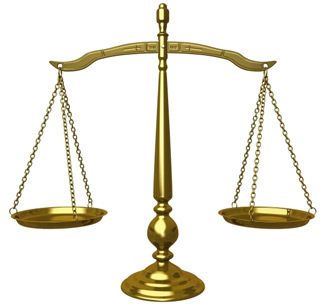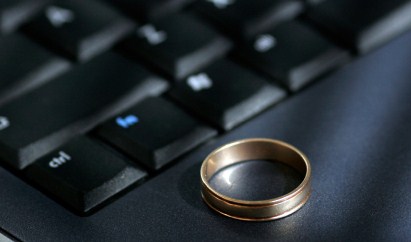
We are reposting this article due to popular demand:
IS IT LEGAL (To Expose a Cheater or Abuser Online)? by EOPC
CLICK HERE TO READ

And an excerpt from a recent article along the same legal lines:
"Obviously, the men (or women) have the option of attempting to sue the person who post information about them, if they can figure out who they are. No one yet has been able to unmask a poster or sue an exposure website successfully. (as of this writing) "(Of course the women can then countersue for INTENTIONAL INFLICTION OF EMOTIONAL DISTRESS and ALIENATION OF AFFECTION (if married and allowed in their state.). Since many women develop permanent PTSD [Emotional Rape Syndrome] adrenal fatigue and severe depression from Cyberpaths - these women's claims may be easier to prove.)
--------------------------------------------
If the Postings are False, Are They Defamatory?
....Moreover, "substantial truth" - truth in substance, but not in the details -- is a full defense to a defamation claim. So any man who is contesting a claim of infidelity, probably should never have been unfaithful.
....Moreover, "substantial truth" - truth in substance, but not in the details -- is a full defense to a defamation claim. So any man who is contesting a claim of infidelity, probably should never have been unfaithful.
The truth is a 100% defense to defamation. Those who post it can not be sued for "defamation" if they are simply reporting information. They are then covered by 'citizen journalist' rights. However, you can be sued for inciting others to harass someone, twisting facts, accusing, posting someone's address, phone or other private information online.
(EOPC's legal release requires the victim(s) to take FULL, 100% responsible for their posts and what is said. Additionally, they must hold EOPC harmless and those posted can only try to take action against the poster, not us. We are reporting and giving opinion only. EOPC can't adjudicate. We absolutely do not get involved with any of these cases (example: contacting employers, etc.) We can't diagnose or take legal action against anyone for their posts. We REQUIRE posters sign and verify they are telling the truth and leave the burden of proof to them. Many cyberpaths try to get around this by guessing who we are and then harassing who they think is us. We are still here. This is absolutely the same for other exposure sites as well. EOPC merely provides a platform and is held harmless.)
"...The owner of DontDateHimGirl who was threatened with a lawsuit, later sued and the court threw out the suit completely says:
"Most of them say that the [person] who posted [the profile] is crazy, that something is wrong with [the poster/target], that they're saints."
and
"If someone posted my picture/profile in a database and I learned of it but it wasn't true, then I probably wouldn't waste my time even rebutting it. Why? Because if I'm innocent, then the burden is not on me to prove such, at least not under American jurisprudence — legal or moral. And I don't use and abuse people online or off - so I am not afraid of scrutiny.
In short - its a catharsis the victims won't get anywhere else. What are the victims of these men and women to do with their anger, pain and hurt? Suck it up and allow the abuser to move on to another victim? Tell or not tell his spouse, partner or family? Stew in their feelings?"
and
"A former U.S. attorney Scott Christie was quoted in the New Jersey Star Ledger,
"Yes, it's all legal. If I were the owners of (such a) site, I wouldn't be concerned. They're providing an outlet for people to express their opinion.
It's much like hosting a bulletin board for people with a common interest,. People are giving their opinion about other people - they're entitled to it under the First Amendment."
And this from Canada.com:
According to a privacy lawyer from Halifax, (snip)
"If the person's reputation is in Canada, and they are in Canada, and likely the person who posted the information is in Canada, there's more than enough connection for Canadian defamation law to apply," says David T.S. Fraser, chair of the privacy practice group at McInnes Cooper. BUT he hastens to add the statements aren't considered defamatory if they're true.
"If you're a slug," says Mr. Fraser, "it's only appropriate people know you're a slug."